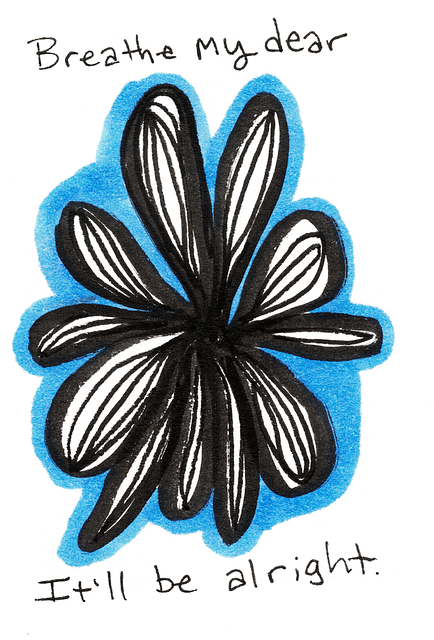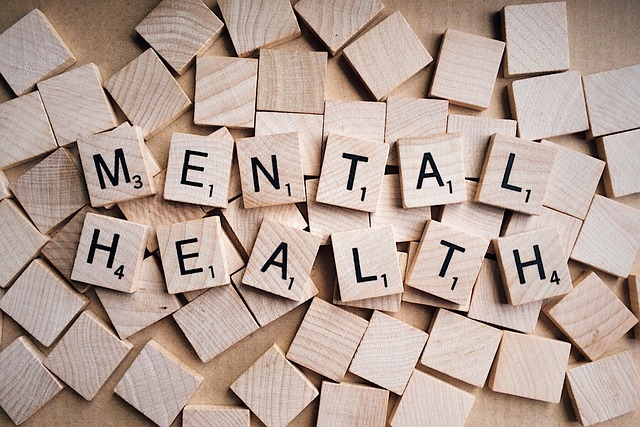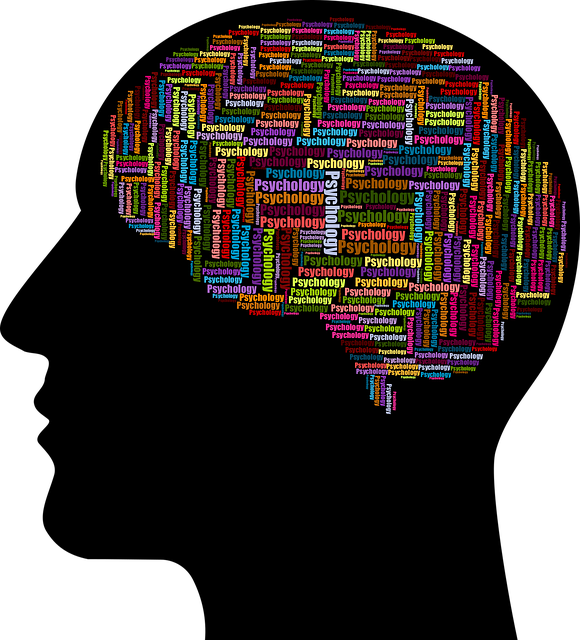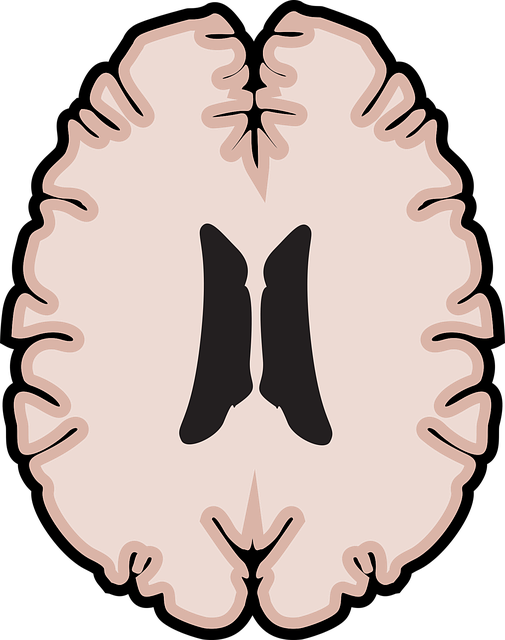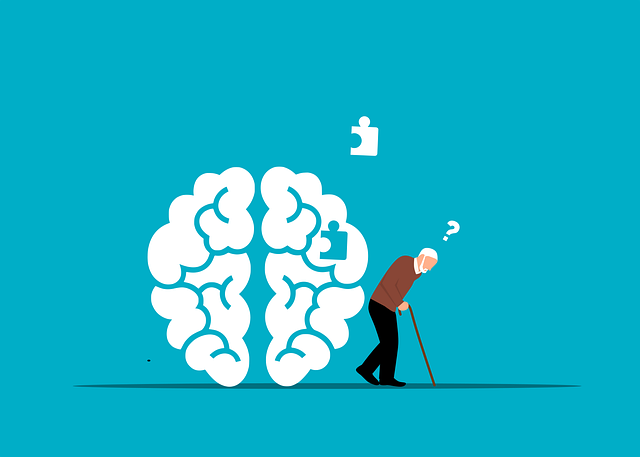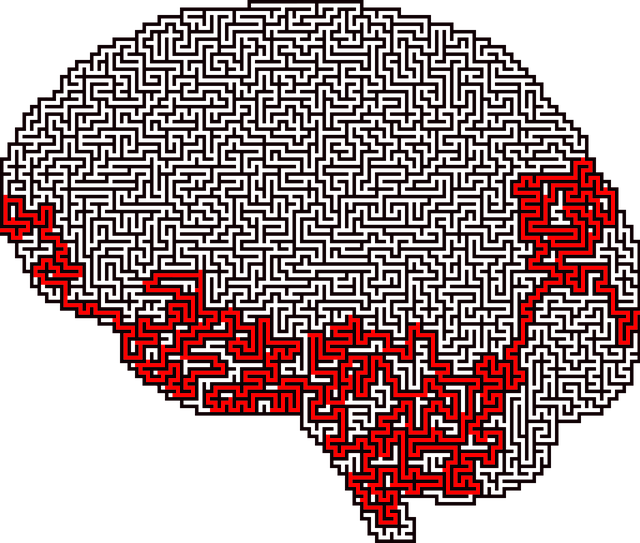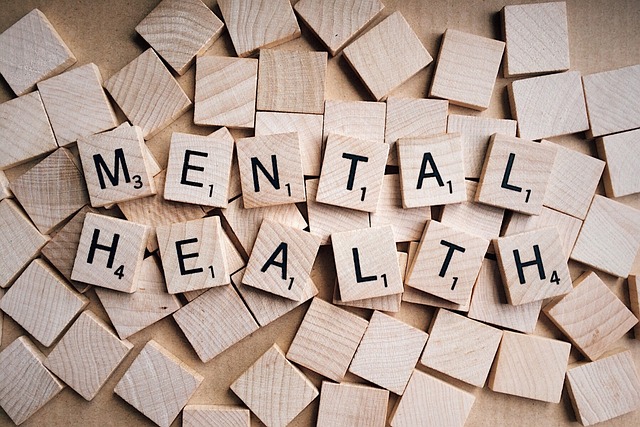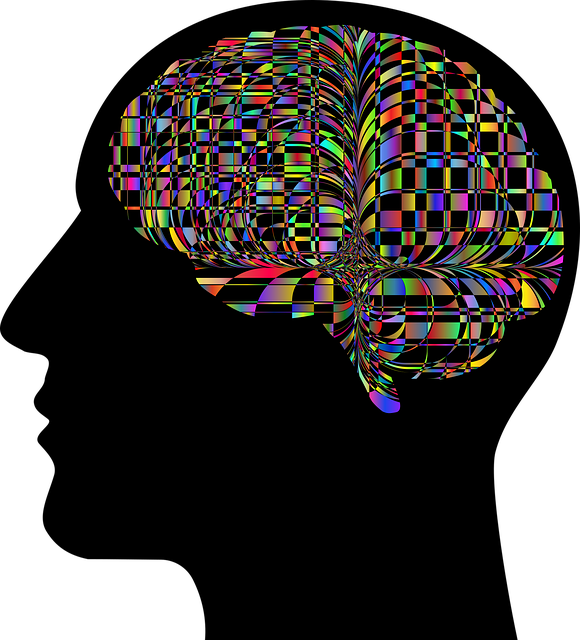Northglenn Biofeedback Therapy offers a natural, medication-free approach to wellness through advanced techniques promoting deep relaxation and bodily control. Their unique method empowers clients to manage stress, pain, and health conditions, fostering healthier lifestyles. Prioritizing emotional intelligence and compassion, they provide interactive workshops and role-playing scenarios to enhance cultural sensitivity among healthcare providers, addressing diverse patient needs. With tailored mental health education programs and continuous improvement through regular workshops, Northglenn Biofeedback Therapy leads in culturally responsive mental health care.
“Cultural competency in healthcare is an essential aspect of delivering quality patient care, especially in diverse communities like Northglenn. This article explores the significance of cultural competency training for healthcare providers, focusing on Northglenn Biofeedback Therapy’s journey towards inclusive care. We’ll delve into key components of effective training programs and implementation strategies to enhance cultural sensitivity. By understanding different cultural perspectives, Northglenn Biofeedback Therapy can provide personalized therapy, improve patient outcomes, and foster a more welcoming environment.”
- Understanding Cultural Competency in Healthcare: Why It Matters for Northglenn Biofeedback Therapy
- Key Components of Effective Training Programs for Healthcare Providers
- Implementation and Continuous Improvement Strategies for Cultural Competency at Northglenn Biofeedback Therapy
Understanding Cultural Competency in Healthcare: Why It Matters for Northglenn Biofeedback Therapy

Key Components of Effective Training Programs for Healthcare Providers

Effective training programs for healthcare providers should be multifaceted, addressing several key components to ensure comprehensive cultural competency. First and foremost, these programs must foster emotional intelligence and compassion cultivation practices. Healthcare professionals need to develop a deeper understanding of their own emotions and those of their patients, allowing them to respond with empathy rather than judgment. This emotional awareness is crucial for building trust and rapport across diverse cultural backgrounds.
Additionally, training should incorporate interactive workshops and role-playing scenarios that encourage participants to engage with different cultural perspectives. These exercises help providers practice confidence boosting communication skills tailored to various patient populations. By simulating real-world interactions, learners can gain practical experience navigating sensitive topics related to race, ethnicity, gender identity, and other aspects of cultural identity. Northglenn Biofeedback Therapy, for example, offers specialized programs that integrate these principles, promoting holistic well-being and culturally sensitive care.
Implementation and Continuous Improvement Strategies for Cultural Competency at Northglenn Biofeedback Therapy

At Northglenn Biofeedback Therapy, implementing cultural competency training has been a multifaceted process involving several key strategies. The initial step focused on mental health education programs design tailored to address diverse patient populations. These programs aimed to enhance therapists’ understanding of cultural nuances and their impact on mental health expression and treatment. By fostering an inclusive environment, the therapy center encouraged open dialogue about different beliefs, values, and practices, laying a robust foundation for cultural competency.
Continuous improvement remains a priority. Northglenn Biofeedback Therapy actively seeks feedback from patients and staff to identify areas for enhancement in their cultural competency initiatives. They organize regular workshops and training sessions on stress reduction methods that cater to diverse communities, ensuring therapists are equipped to provide sensitive and effective care. This ongoing commitment reflects the center’s dedication to not only meeting but exceeding expectations regarding mental health awareness and culturally responsive practices.
Cultural competency training is a game-changer for healthcare providers, especially at Northglenn Biofeedback Therapy. By understanding diverse cultural perspectives and incorporating key components into their programs, they can significantly improve patient care. The implementation strategies outlined here, coupled with continuous improvement, will ensure that Northglenn Biofeedback Therapy remains responsive to the evolving needs of its multicultural community. This commitment not only enhances patient satisfaction but also fosters a more inclusive and effective healthcare environment.



